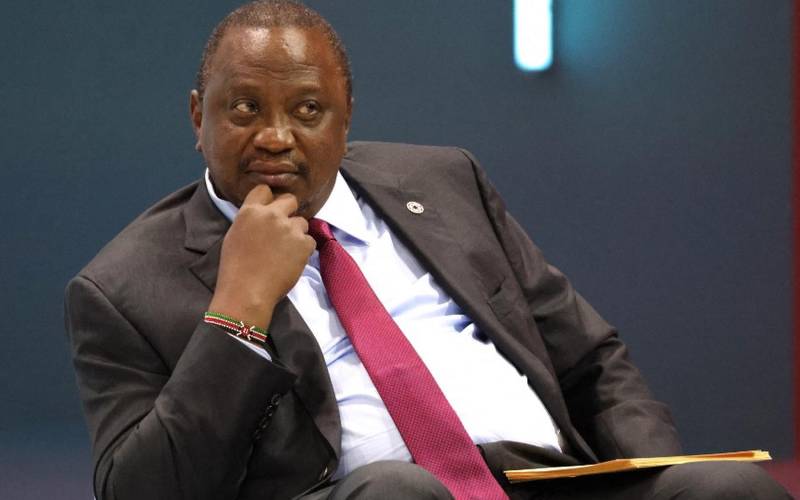×
The Standard e-Paper
Fearless, Trusted News

President Uhuru Kenyatta is currently in New York chairing the United Nations Security Council meeting. [File, Standard]
President Uhuru Kenyatta is expected to respond to the International Court of Justice ruling that largely favours Somalia in its dispute with Kenya.